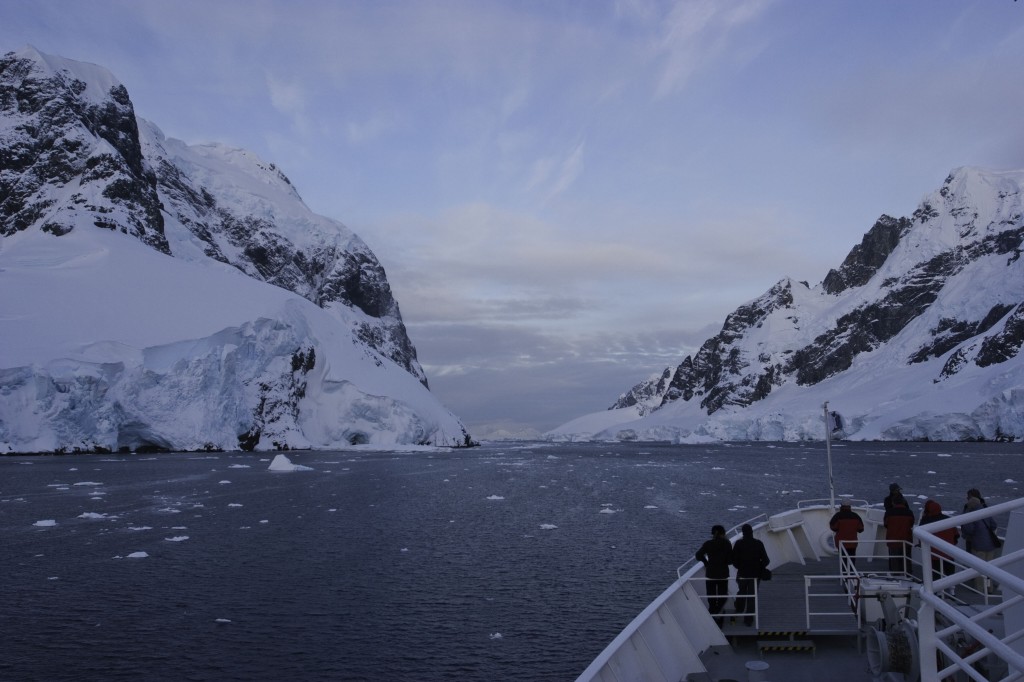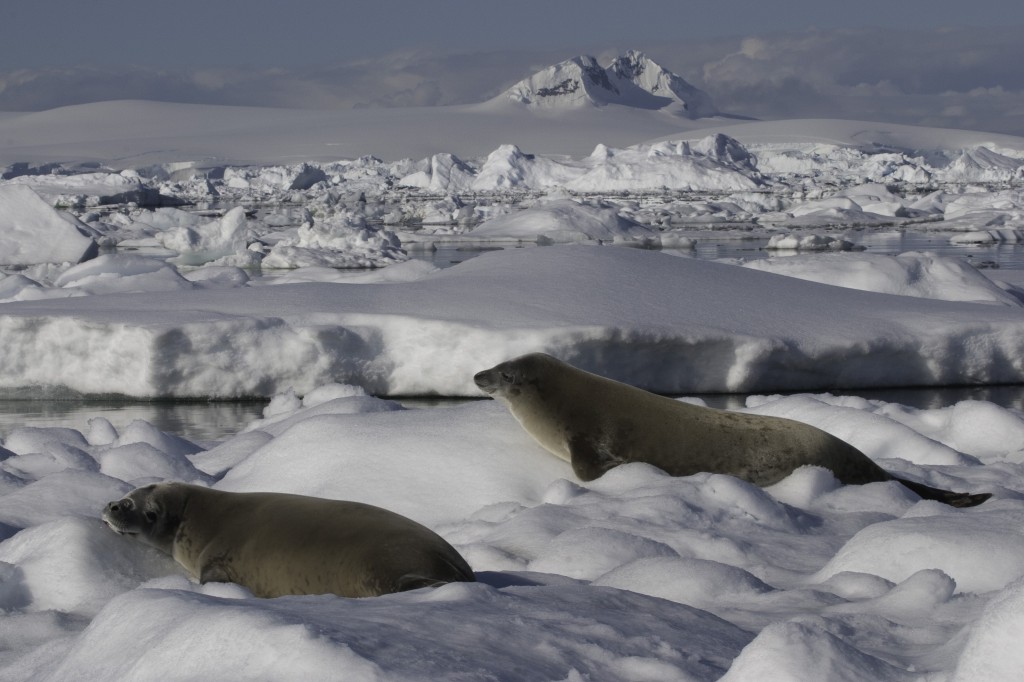I grew up with my parents subscribing to the National Geographic magazine which our children also had the advantage. Cannot count the number of times they used this magazine for school. Also have a lot of their books on my shelves here in my office. What a tremendous resource from the research on the Founding Fathers to the places around the world they visit and the animals and other creatures they encounter. On the National Geographic Website is their opening statement "Inspiring people to care about our planet since 1988." It is a remarkable website to visit and learn about this world where we live.
As the old saying goes -- "Stop and smell the roses." Learned something new because when I went to look for the origin of that quote no one seems to know who to attribute the quote which means slow down. The closest I found was someone thought it might be a misquote from a book in 1954 about the golfer Walter Hagen who had this quote: "You're only here for a short visit. Don't hurry. Don't worry. And be sure to smell the flowers along the way." It is a nice way of telling everyone to slow down and enjoy what you see around you.
Too many times in our hurried lives we forget to stop and take a minute to look around us and see a great, big wonderful world waiting to be explored even in your own neighborhood. Spring flowers are out where I live and planning where I am going to put a few small fruit trues and some raspberries near the garden. Most important planning is how I am going to keep the squirrels and birds away from the strawberries. Nature surrounds us every day -- make this a day you stop and take a good look and relax for a few minutes.
Enjoy this story of the Antarctic expedition as a change of pace on a this beautiful, sunny Friday.
Discovering Seal Sounds In The Antarctic (VIDEO)
Posted: 03/ 2/2012 7:00 am
The seas around the Antarctic Peninsula are quiet and still. Storm winds and waves are left behind as you slip beneath the surface and, once you get used to the bone-chilling temperature, it's a very peaceful place. There are no schools of fish in these waters, just occasional bottom dwellers that flick out of sight almost before you've seen them; for the most part there is very little motion.
So when a big, fast-moving shadow whipped by me about 50 feet down the rocky slope of Booth Island, it brought me up short right away. The previous week I had encountered a leopard seal at the same site and, although they are not usually aggressive, those large predators always bear close attention. But this was not a leopard.
As I watched -- and brought my camera up as quickly as I could -- it made a tight turn and streaked back toward me, joined by two more sleek shapes; a group of crabeater seals had found me and were coming in for another look. Crabeaters, which eat krill, not crabs, are the most numerous of Antarctic seals but are very seldom encountered by divers. After I got over my initial shock, I was delighted to have the opportunity to shoot some rare footage of them underwater.
Booth Island forms the western side of the famous Lemaire Channel. Photo by David Cothran. © All rights reserved.
The encounter lasted only a few minutes before the seals went on their way, but I was very happy: Dives like this don't come along every day and I knew that the guests back aboard National Geographic Endeavour would be thrilled with what I had shot. For the moment, I continued exploring the steep cobble slope, shooting more common subjects like orange anemones and small crustaceans. Finally I worked my way up into shallow water -- and that's when things got really interesting.
Over a shallow shelf, among some smallish icebergs, I found another crabeater seal. Unlike the first group, this one seemed unconcerned with my presence and continued to make shallow dives, rubbing itself on the rocks of the bottom and making some very strange warbling sounds.
Crabeater seals resting on pack ice. Photo by David Cothran. © All rights reserved.
Crabeaters were then thought to be mostly silent away from their breeding areas; even there they were known to produce only a simple grunt. The noises I had heard were very different, complex and variable. I was very curious about these vocalizations, so as soon as I returned to the ship I sent some excerpts from the tape to Dr. Jeanette Thomas, a researcher in Illinois who has studied Antarctic seals for more than 30 years. She wrote back right away to say that she had never heard these sounds from a crabeater and found them very interesting!
Dr. Thomas passed the recordings along to one of her graduate students, Laura Howell, who then used them as the basis of her Master's thesis. Laura's analysis revealed not one but four previously unknown vocalizations on the tape. After two years work, she and Dr. Thomas published their study in the journal Aquatic Mammals, and the strange sounds I had discovered became part of the scientific literature on Antarctic seals.
For me, this was as good as it gets: A fascinating encounter that I was able to share with the guests on National Geographic Endeavour and with the scientific community. Our expeditions explore some of the most remote wilderness on the planet and by keeping our eyes and ears open we can often make discoveries of real importance. This one was one of my proudest moments.
Learn more: Explore Antarctica for yourself.
-- David Cothran







No comments:
Post a Comment